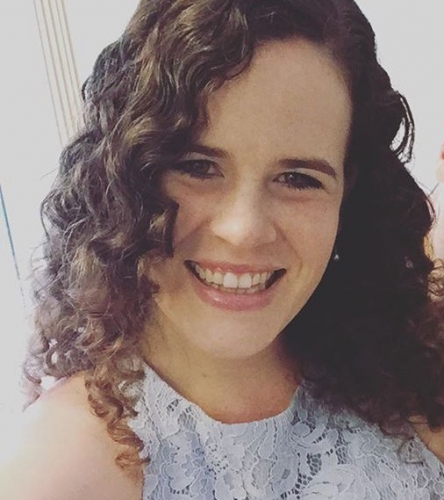Healthcare is something every person should be able to access, no matter where they live or who they are. But for many Aboriginal and Torres Strait Islander communities, getting the care they need isn’t always simple. It’s not just about distance or how many clinics are available. Cultural differences, trust and communication can make a big difference in whether people feel safe and supported when seeking help. That’s where Aboriginal Health Workers (AHWs) come in. As trusted members of their own communities, they bring experience, language skills and cultural knowledge into the healthcare system. By working alongside doctors, nurses and other health professionals, AHWs help bridge gaps, build trust and make sure care feels respectful and relevant.
https://vimeo.com/991821664/ea52eb8442?fl=pl&fe=vl
Subscribe for FREE to the HealthTimes magazine
Everyone deserves healthcare that not only treats the body, but also respects who they are and where they come from. Since the 1970s, when
Aboriginal communities first created their own health services, AHWs have bridged the gap between care and cultural support. Today, Aboriginal and Torres Strait Islander health workers have completed a
Certificate II or higher in Aboriginal and/or Torres Strait Islander Primary Health Care and can work in primary health care or clinical practice. This allows them to help with all aspects of health care from education and preventative care to supporting patients with chronic illness, pregnancy, ageing, or mental health.
But healthcare isn’t just about medicine. Everyone deserves to feel safe, respected and understood when seeking care. Aboriginal Health Workers play a central role in creating that safety. They bring cultural knowledge, language skills and advocacy into the clinic, ensuring patients feel heard and respected. Cultural safety means care is delivered in a way that recognises identity, history and experience, while challenging power imbalances and systemic discrimination that still exist within the health system. Without it, the consequences are serious: delayed diagnoses, poor outcomes and communities left without the support they deserve.
Aboriginal Health Workers are key to changing this. They build trust, interpret both language and cultural cues, and advocate for patients every step of the way. For non-Indigenous health professionals, working alongside AHWs is a chance to learn from community knowledge, strengthen relationships, and deliver care that’s not only effective, but also truly respectful and safe.
While the benefits of working with Aboriginal Health Workers are clear, there are still barriers that limit the impact of these partnerships. One of the biggest challenges is simply numbers. There aren’t enough AHWs to meet demand, especially in remote areas where they’re needed most. Recruiting, training and keeping staff is tough and many communities feel the strain.
On top of that, the role itself isn’t always given the recognition it deserves. Too often, cultural knowledge and advocacy are undervalued compared to clinical skills, leaving AHWs sidelined rather than fully included as equals on the healthcare team.
Systemic issues also play a part. Inconsistent funding, limited access to professional development, and workplaces that aren’t always culturally safe can put extra pressure on AHWs. Many end up carrying the weight of supporting their community while navigating mainstream systems, which can lead to stress, burnout and high turnover. To make use of the skills and expertise of Aboriginal Health Workers, healthcare systems must adopt strategies that embed collaboration into everyday practice.
-
Invest in training and career pathways: Expanding opportunities for Aboriginal and Torres Strait Islander people to train as Health Workers, and providing clear progression into senior roles, ensures communities continue to have trusted representatives in healthcare.
-
Embed AHWs into multidisciplinary teams: Recognising their role as central means including them in decisions, valuing their insights and integrating them formally into care models.
-
Provide cultural competence training for non-Indigenous staff: This helps build respect and understanding, leading to better collaboration and care.
-
Support community-driven healthcare models: Backing Aboriginal Community Controlled Health Organisations (ACCHOs) ensures services reflect local priorities and values.
-
Increase government support and funding: Stable, long-term funding for roles, training and professional development is essential to maintain and expand the workforce.
Aboriginal Health Workers are cultural bridges, advocates and trusted community members who make healthcare safer and more accessible for Aboriginal and Torres Strait Islander peoples. When they are recognised as essential partners, healthcare shifts from being something delivered to communities, to something built with them. If Australia is serious about closing the health gap, supporting and partnering with Aboriginal Health Workers is not optional, it is essential. By investing in their roles and ensuring they are fully integrated into healthcare systems, we can take meaningful steps toward a future where every Aboriginal and Torres Strait Islander person receives care that is both clinically effective and culturally safe.













